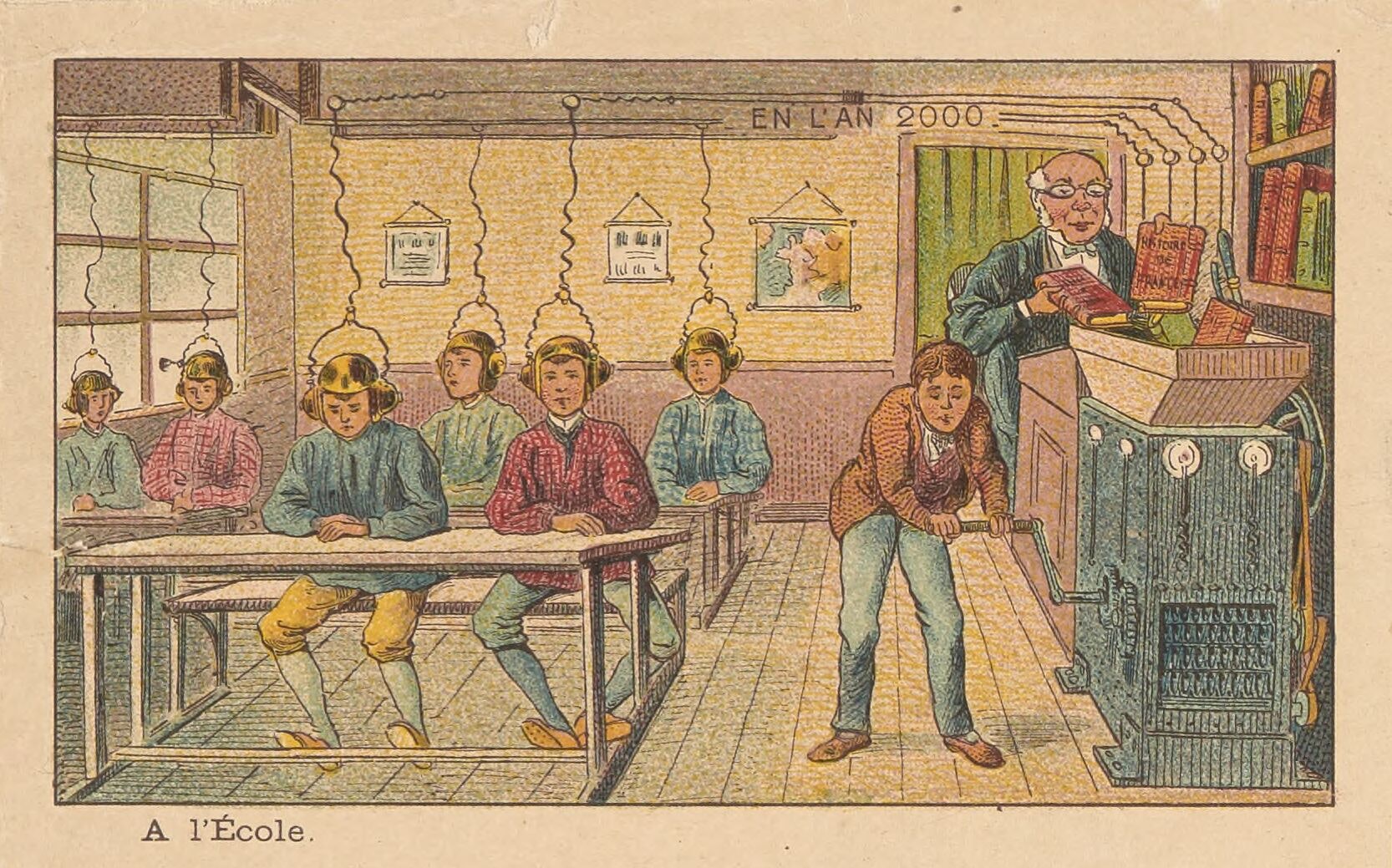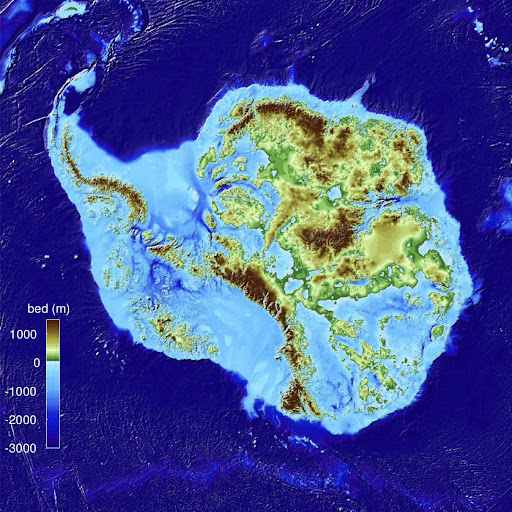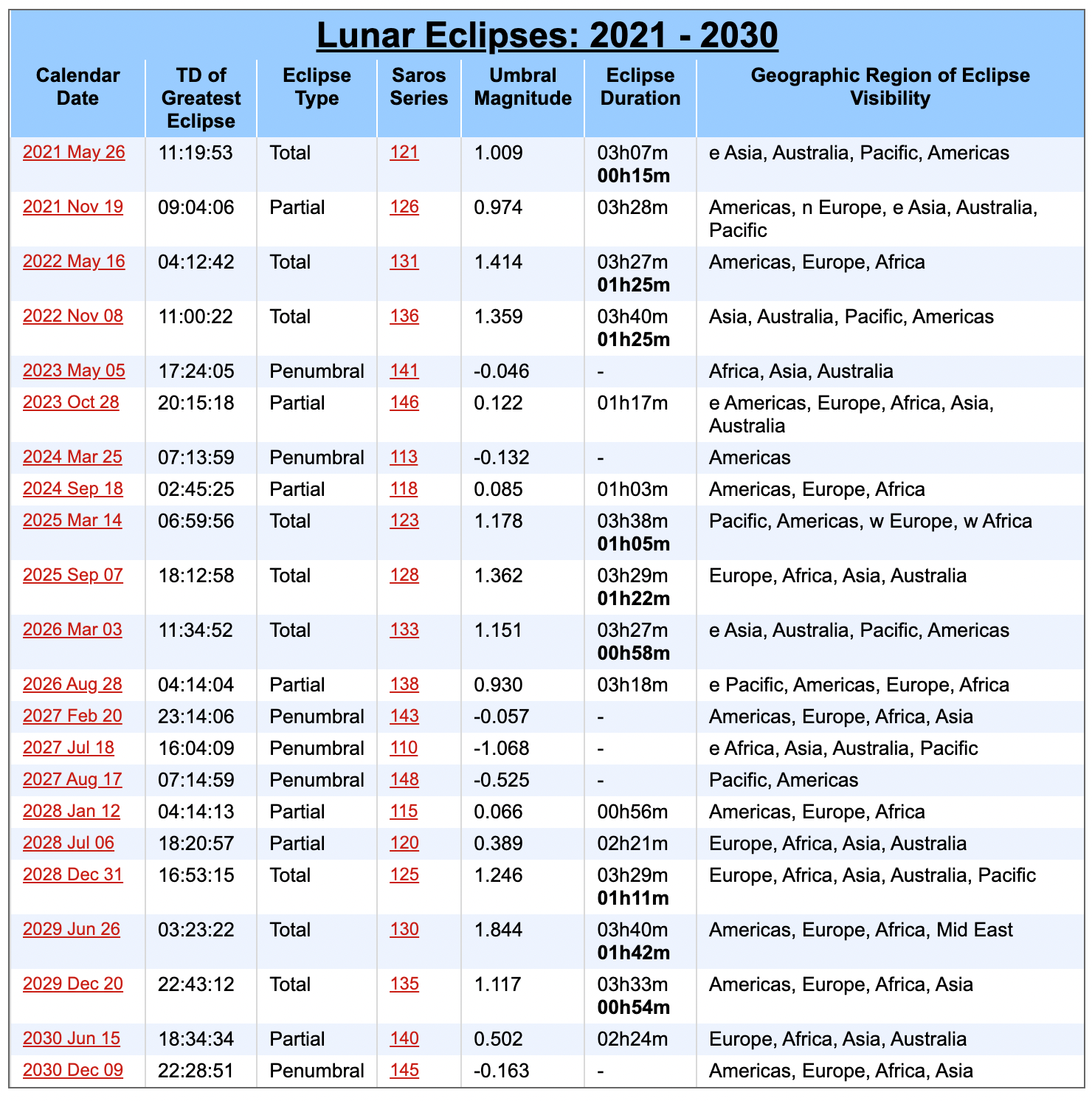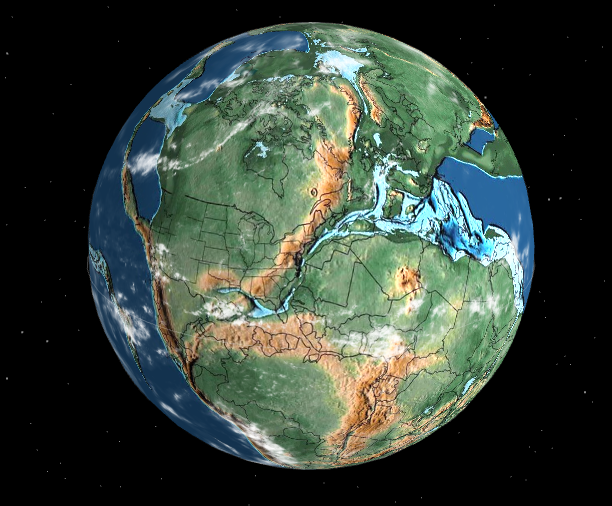Lost Futures: A 19th-Century Vision of the Year 2000
What did the year 2000 look like in 1900? Originally commissioned by Armand Gervais, a French toy manufacturer in Lyon, for the 1900 World exhibition in Paris, the first fifty of these paper cards were produced by Jean-Marc Côté, designed to be enclosed in cigarette boxes and, later, sent as postcards. All in all, at least seventy-eight cards were made by Côté and other artists, although the exact number is not known, and some may still remain undiscovered. Each tries to imagine what it would be like to live in the then-distant year of 2000.




